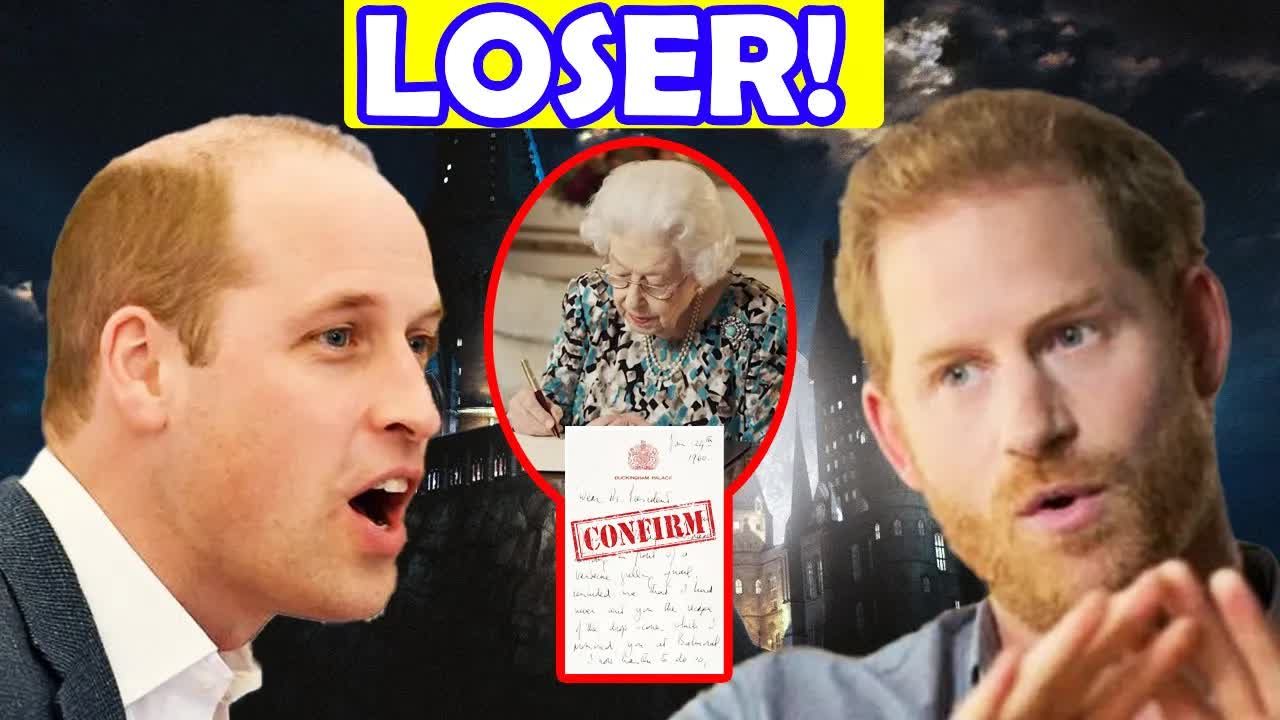The News
William Claims Crown Jewels: A Royal Restructuring Post-Queen’s Death
The British royal family is undergoing a dramatic transformation following the passing of Queen Elizabeth II.
With the change in leadership, Prince Charles has ascended to the throne as King Charles III, and his son, Prince William, is stepping into significant new roles.
As the newly minted Prince of Wales, William has also inherited the title of Duke of Cornwall, along with the vast Duchy of Cornwall estate.
This estate, valued at over £1 billion, or roughly $1.2 billion, was established by Edward III back in 1337.
Originally designed to provide financial independence for the heir apparent, the estate spans an impressive 52,449 hectares.
It generates income from various sources, including agricultural operations and property rentals, which the current duke can utilize at his discretion.
As the new Duke of Cornwall, Prince William is poised to benefit from this lucrative asset.
Last year, King Charles reportedly earned more than £20 million, approximately $23 million, from the Duchy.
In a move that reflects growing public scrutiny, the King opted to pay the highest rate of income tax on his earnings from the estate, despite its exemption from capital gains and corporation taxes.
The late queen's legacy remains a topic of speculation, particularly regarding her estimated fortune of over $500 million.
While it's clear that King Charles will inherit a substantial portion of this wealth, the exact distribution among his siblings is still unknown.
Interestingly, the British government has a longstanding agreement that allows certain assets passed down to the heir to the throne to escape the hefty 40% inheritance tax.
In the wake of these royal transitions, public sentiment is mixed.
Recently, a protester voiced their discontent with the monarchy, labeling them a “waste of money.” However, royal supporters quickly rallied, showcasing their loyalty through a series of royal events and engagements.
Looking ahead, Prince William is set to kneel before his father during the upcoming coronation ceremony, a tradition that echoes the homage paid by his grandfather, the late Duke of Edinburgh, to Queen Elizabeth II in 1953.
This act of fealty marks William as the only royal family member to perform this homage of royal blood, following the archbishop's own tribute to the Church of England.
Archbishop of Canterbury, Justin Welby, expressed enthusiasm about the coronation service, emphasizing its blend of tradition and modernity.
He stated that the ceremony would honor the rich history of the nation while incorporating new elements that reflect the diverse society of today.
Welby hopes that attendees, regardless of their beliefs, will find both ancient wisdom and renewed hope within the service.
Furthermore, a spokesperson from Lambeth Palace highlighted the inclusion of new components aimed at celebrating the theme of loving service central to both the Christian faith and the contemporary monarchy.
As the royal family navigates this new chapter, all eyes will be on the coronation and how it encapsulates both the legacy of the past and the evolving identity of the monarchy in modern Britain.
The changes within the royal household are not just about titles and wealth; they also signal a shift in how the monarchy engages with the public and acknowledges the changing tides of society.






























































